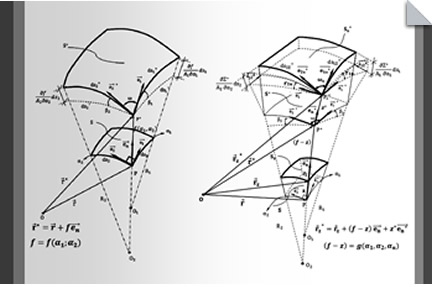Experimental study of the lateral earth pressure on retaining structures in soils reinforced with geogrids
Keywords:
Plain strain, active earth pressure, at rest pressure, geogrids, and stress archingAbstract
This article presents an experimental study on the variation with depth of the stresses due to lateral earth pressure on a wall retaining a soil reinforced with geogrids. To this end, an apparatus was designed and constructed especially tailored for performing lateral earth pressure tests under plain strain conditions. The experimental apparatus and the measurement instruments as well as the soil and the sample preparation and the geogrids used, are described. In a first stage of research, samples without reinforcing are tested and the results are compared with those from classic earth pressure theories. Subsequently, results from lateral earth pressure tests in soils reinforced with one, two, three and four geogrids are presented. It is concluded that the inclusion of geogrids as soil reinforcement reduces the earth pressure on the retaining structure. This lateral earth pressure reduction is approximately of 25% when one geogrid is used, 50% with two or three geogrids and 75% with four geogrids for the spacing, surcharges and displacement increments used. It was possible to identify that the lateral earth pressure distribution with depth not only does not follow a triangular variation, but it develops stress arching in the soil and between the geogrids.


